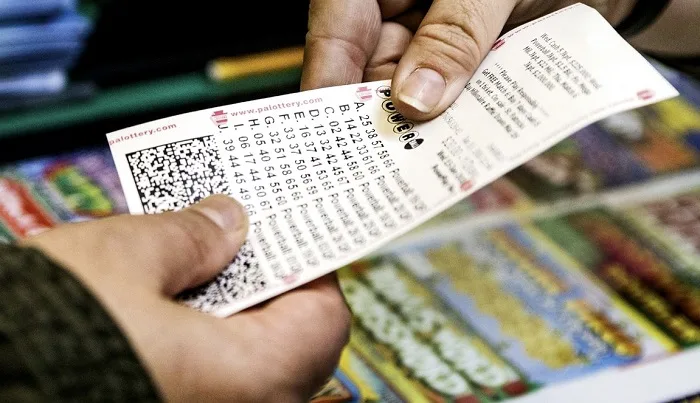
Why Do Some People Spend All Their Life Playing the Lottery and Never Win?
Many people dream of winning the lottery, envisioning the freedom and opportunities that a substantial windfall could bring. However, a significant number of lottery players spend their entire lives buying tickets without ever winning a major prize. This article delves into the reasons behind this phenomenon, exploring the psychological, statistical, and sociocultural factors that contribute to lifelong lottery participation without significant success.
The Allure of the Jackpot
One of the primary reasons people continue to play the lottery is the allure of the jackpot. The possibility of winning a life-changing sum of money is incredibly enticing. Lotteries often advertise massive jackpots, creating a sense of excitement and hope among players. This dream of instant wealth can be so powerful that it overshadows the extremely low odds of winning. Statistically, the probability of hitting the jackpot is often as low as 1 in 292 million, yet the sheer magnitude of the prize keeps people coming back for more.
The excitement of the potential win is compounded by the psychological concept known as “availability heuristic.” This is where people overestimate the likelihood of events based on how easily examples come to mind. Media coverage of lottery winners, coupled with personal anecdotes, make the idea of winning seem more probable than it actually is.
Psychological Factors and Gambling Addiction
Many lottery players are driven by psychological factors, including the thrill of gambling and the hope of a better future. For some, playing the lottery can become a form of gambling addiction. Gambling addiction is characterised by an inability to resist the urge to gamble, despite the negative consequences it may have on one’s life. This addiction is often fueled by intermittent reinforcement, where occasional small wins create a powerful reinforcement loop, encouraging continued play.
Additionally, the “sunk cost fallacy” plays a role in persistent lottery participation. This cognitive bias leads individuals to continue investing in a losing proposition because of the cumulative amount already spent. In the case of lottery players, they may feel that they are “due” for a win after years of purchasing tickets.
Socioeconomic Influence
Socioeconomic factors also significantly influence lottery participation. Research indicates that lottery play is more prevalent among individuals from lower-income backgrounds. For many, the lottery represents a rare opportunity to achieve financial security and escape economic hardship. This perception is often reinforced by the portrayal of lottery winners as having achieved the “American Dream” overnight.
However, this demographic is also the most adversely affected by lottery expenditures. Regularly purchasing lottery tickets can exacerbate financial instability, as the money spent on tickets could otherwise go towards essential expenses or savings. Despite this, the hope of a major win keeps many individuals from lower socioeconomic statuses engaged in continuous play.

The Role of Marketing and Media
The marketing strategies employed by lottery organisations play a crucial role in sustaining player interest. Advertisements often highlight the stories of big winners, creating a narrative that winning is within reach. This selective portrayal of success stories can skew public perception, making the odds of winning seem more favorable than they are. Moreover, lotteries often position themselves as supporting good causes, such as education and public services, which can justify the expenditure in the minds of players.
Media coverage further amplifies the allure of the lottery. Stories of ordinary people winning extraordinary sums are frequently highlighted, while the countless instances of people not winning go unreported. This creates a biased view of the lottery, encouraging continued participation.
The Social Aspect of Lottery Play
Lottery play is often a social activity. Many people buy tickets as part of group purchases with friends, family, or colleagues. These social dynamics can reinforce continued play, as the activity becomes a shared experience. The communal aspect of buying tickets can create a sense of camaraderie and collective hope, which is powerful in motivating ongoing participation.
Furthermore, in some cultures, playing the lottery is a deeply ingrained tradition. It can be seen as a rite of passage or a routine part of life, passed down through generations. In such contexts, questioning the efficacy of playing the lottery might be perceived as questioning cultural norms or family traditions.
In conclusion, the reasons why some people spend their entire lives playing the lottery without ever winning are multifaceted. The allure of the jackpot, psychological factors, socioeconomic influences, effective marketing, and social aspects all contribute to the persistent and hopeful participation in lottery games. While the odds are overwhelmingly against winning, the dream of instant wealth and the various factors that reinforce lottery play ensure that many continue to buy tickets year after year.
